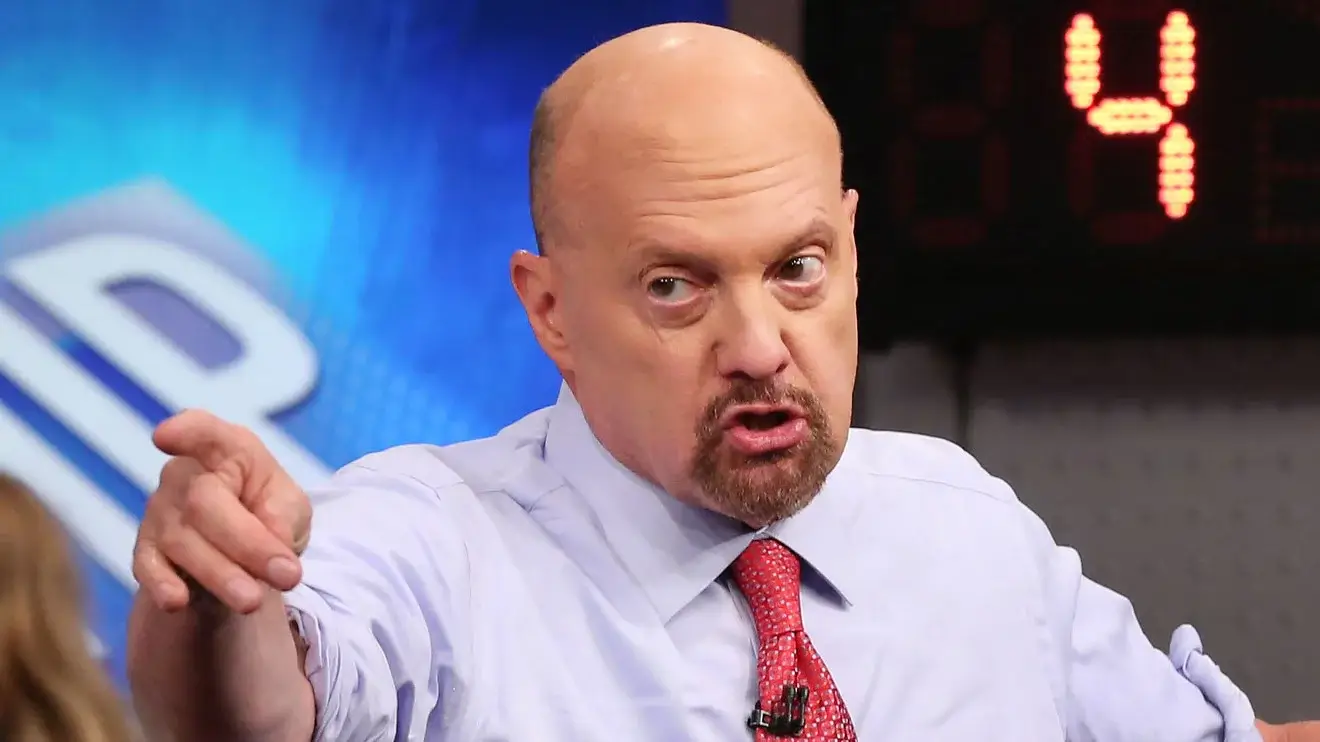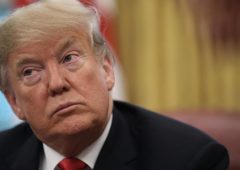Jim Cramer Warns of Market Risks as Fed Rate Cut Hopes Loom Large
05.12.2024 8:00 2 min. read Alexander Zdravkov
Jim Cramer, the host of CNBC’s Mad Money, has flagged growing risks for U.S. stocks as the year progresses, focusing on investor expectations surrounding Federal Reserve interest rate cuts.
While the CME Group’s FedWatch tool indicates a 73.8% likelihood of a reduction to a 4.25%-4.50% range in December, Cramer urges caution, warning that such assumptions may be overly optimistic. He believes the market’s current confidence in these potential cuts could lead to significant volatility if the Fed holds rates steady or signals a more cautious approach.
Cramer also pointed to the broader issue of complacency in the market following recent strong performances. He noted that the S&P 500 has soared to record highs, fueled by optimism over the Fed’s prior rate reductions and expectations of continued economic resilience.
However, upcoming reports, including Friday’s jobs data and next week’s Consumer Price Index (CPI), could prove pivotal. Both metrics have the potential to challenge the current narrative and trigger sharp, albeit brief, sell-offs, as seen earlier this year.
Criticism of the Fed’s approach has persisted, with some analysts arguing that the central bank’s rate cuts could be premature and risk fueling future inflation. Cramer echoed these concerns, pointing to a need for clearer data before further monetary easing.
If inflation readings exceed expectations or job market strength continues, the case for additional rate cuts could weaken, potentially delaying policy changes and unsettling investors banking on further support.
-
1
Robert Kiyosaki Predicts When The Price of Silver Will Explode
28.06.2025 16:30 2 min. read -
2
Trump Targets Powell as Fed Holds Rates: Who Could Replace Him?
27.06.2025 9:00 2 min. read -
3
U.S. PCE Inflation Rises for First Time Since February, Fed Rate Cut Likely Delayed
27.06.2025 18:00 1 min. read -
4
Key U.S. Economic Events to Watch Next Week
06.07.2025 19:00 2 min. read -
5
Gold Beats U.S. Stock Market Over 25 Years, Even With Dividends Included
13.07.2025 15:00 1 min. read
Kraken Launches U.S. Crypto Derivatives Platform, Eyes Broader Market Expansion
Kraken has officially launched its U.S.-regulated crypto derivatives platform, marking a major step toward merging traditional finance tools with digital asset markets.
How to Earn Yield Holding USDC: A 2025 Guide
If you’re holding USDC and want to maximize your yield, Deribit now offers rewards for eligible users who store USDC on its platform.
US Inflation Heats Up in June, Fueling Uncertainty Around Fed Cuts
U.S. inflation accelerated in June, dealing a potential setback to expectations of imminent Federal Reserve rate cuts.
Kazakhstan May Invest Gold Reserves in Crypto Sector
Kazakhstan is considering allocating a portion of its gold and foreign currency reserves, along with National Fund assets, into crypto-related investments.
-
1
Robert Kiyosaki Predicts When The Price of Silver Will Explode
28.06.2025 16:30 2 min. read -
2
Trump Targets Powell as Fed Holds Rates: Who Could Replace Him?
27.06.2025 9:00 2 min. read -
3
U.S. PCE Inflation Rises for First Time Since February, Fed Rate Cut Likely Delayed
27.06.2025 18:00 1 min. read -
4
Key U.S. Economic Events to Watch Next Week
06.07.2025 19:00 2 min. read -
5
Gold Beats U.S. Stock Market Over 25 Years, Even With Dividends Included
13.07.2025 15:00 1 min. read


